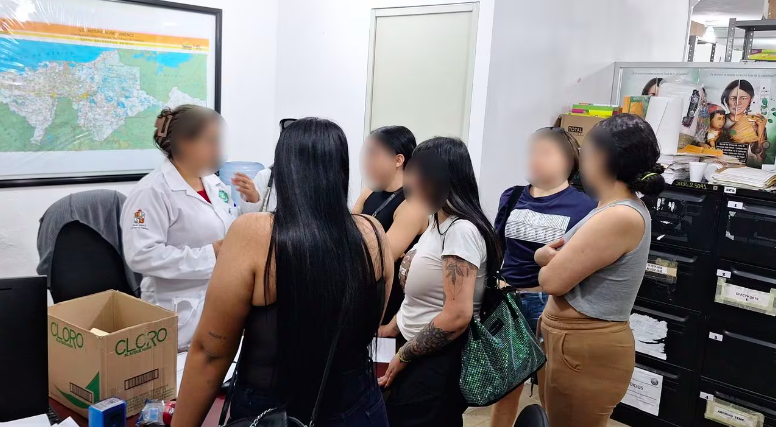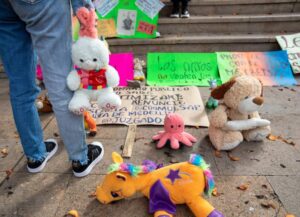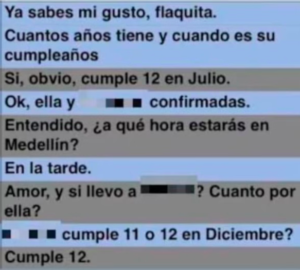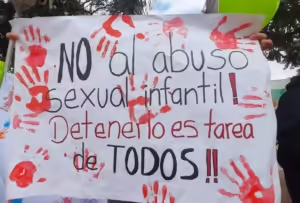
After an official request from Colombia’s government, a federal operative in Mexico has been successful in finding 9 women of Colombian origin. The Colombian embassy in Cancun, Quintana Roo, made the petition sometime in January 5th, 2024. The women may or may not have been willingly participating in prostitution.
Eight Colombian women held captive by human trafficking mafias in the Mexican state of Tabasco have been rescued and returned to safety. President Gustavo Petro expressed his gratitude towards the Mexican authorities for their cooperation in the rescue operation and noted that this time, death did not triumph.
The women, who were reported missing on January 5th, were located and rescued thanks to the efforts of the Colombian Embassy in Mexico and the Consulate General of Colombia in Cancun. The Colombian consulate in Cancun had reported their disappearance and stated that they were taken by an alleged human trafficking network linked to a drug trafficking gang.
This is how the events occurred
The women were reportedly brought from Colombia by the trafficking network and forced to work at private parties in Mexico, told they owed 120,000 Mexican pesos. In addition, their passports were taken away and it is believed that they were sexually exploited by the leader of the network, Saulo David Sánchez Zetina, also known as ‘El Jaguar’. This network is believed to be linked to the Jalisco New Generation Cartel, one of the most powerful drug cartels in Mexico.
Another group of colleagues who also work at these parties were the ones who reported the disappearance of these women, and stated that they were part of a group of between 50 and 70 women brought from Colombia by this trafficking network.
The women were found in good health and are now under the protection of the State Attorney General’s Office in Tabasco before being returned to their families in Colombia. The rescue of these women is a wake-up call to the urgent need for greater protection and support for vulnerable communities in the region, as well as stronger measures to combat human trafficking. While these eight women were lucky to be rescued, there are many other victims who continue to suffer under these criminal networks.
While the fate of these women could have been tragic, their rescue is a triumph over death and a ray of hope for all victims of human trafficking. The Colombian government’s swift action and the cooperation of the Mexican authorities in this case serve as an example for other countries to follow in their fight against this modern-day form of slavery.






